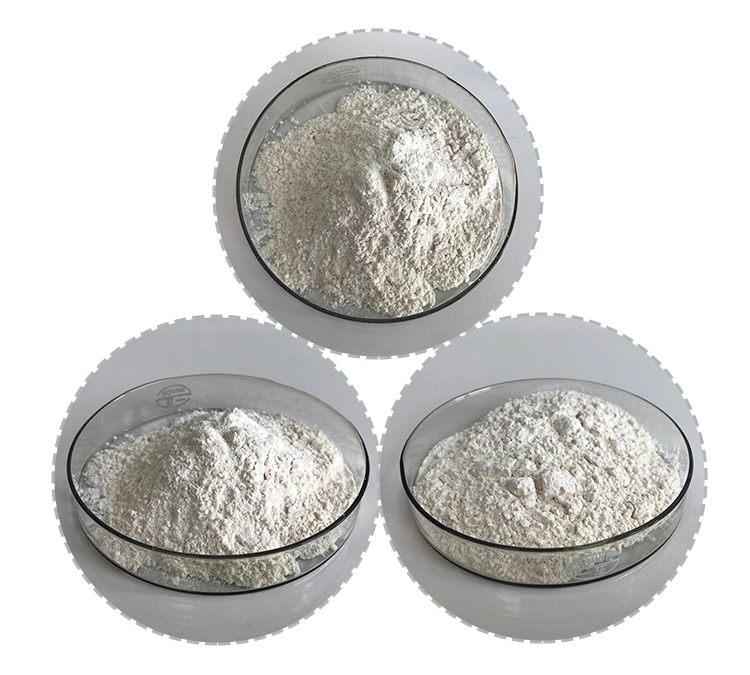Lufenuron is an insect growth regulator used primarily in veterinary medicine to control fleas in animals. It is not intended for human use. The effectiveness, side effects, and special precautions of Lufenuron in animals may vary, and it’s important to consult with a veterinarian before using any such medication.
Effectiveness of Lufenuron:
Lufenuron works by inhibiting the development of flea larvae, preventing them from maturing into adult fleas. It is commonly used as part of a comprehensive flea control program for pets. The effectiveness may depend on proper dosage, administration, and adherence to recommended treatment plans.
Side Effects of Lufenuron:
While generally considered safe when used as directed by a veterinarian, some animals may experience side effects. Common side effects may include mild skin irritation at the application site, vomiting, or diarrhea. If any unusual or severe side effects occur, it’s crucial to seek veterinary advice promptly.

Special Precautions of Lufenuron:
Veterinary Guidance: Lufenuron should only be used under the guidance of a veterinarian who can assess the specific needs of the animal and prescribe the appropriate dosage.
Not for Human Use: Lufenuron is not approved for human use. It is formulated and tested for use in animals only.
Allergic Reactions: Animals, like humans, can sometimes have allergic reactions to medications. If signs of an allergic reaction (e.g., difficulty breathing, swelling of the face) occur, seek immediate veterinary attention.
Pregnant or Nursing Animals: Special caution should be exercised when using Lufenuron on pregnant or nursing animals, and the veterinarian should be informed.
Interaction with Other Medications: Inform the veterinarian about any other medications or supplements the animal is taking, as interactions may occur.
Always follow the veterinarian’s instructions and read the product label carefully before using Lufenuron or any other medication for your pet. This information is based on the veterinary use of Lufenuron and not its potential use in humans, as it is not intended or approved for human consumption.

The efficacy of Lufenuron
Lufenuron is an insect growth regulator used primarily in veterinary medicine to control fleas in pets. It works by inhibiting the development of chitin, a key component in the exoskeleton of insects. While it is effective against fleas, it’s important to note that lufenuron may not be equally effective against all types of pests.
Here are some key points about the efficacy of lufenuron:
Specific to Fleas: Lufenuron is particularly effective against fleas at the larval stage. It disrupts the normal growth and development of flea larvae, preventing them from maturing into adult fleas.
Preventive Action: Lufenuron is more of a preventive treatment rather than a direct killer of adult fleas. It is typically administered to pets in the form of oral tablets or injections, and it works by inhibiting flea development in the environment.
Not Instantaneous: Lufenuron may take some time to show results since it primarily targets the larvae, and it doesn’t have an immediate effect on adult fleas. Combining it with other treatments that target adult fleas might be necessary for a comprehensive approach.
Limited Impact on Adult Fleas: While lufenuron can help control flea populations by preventing larvae from developing into adults, it doesn’t directly kill adult fleas. Additional measures may be needed to address existing adult fleas.

Environmental Impact: Lufenuron’s mode of action is environmental, affecting flea development in the surroundings where the pet resides. This makes it important to treat both the pet and its living environment for optimal efficacy.
Consultation with Veterinarian: The use of lufenuron should be done under the guidance of a veterinarian. They can provide advice on the appropriate dosage and usage based on the specific needs of the pet.
It’s important to consider that the efficacy of any flea control method may vary based on factors such as the severity of infestation, the specific pest species, and environmental conditions. If you’re considering lufenuron for your pet, consulting with a veterinarian is crucial to ensure its proper and effective use.
